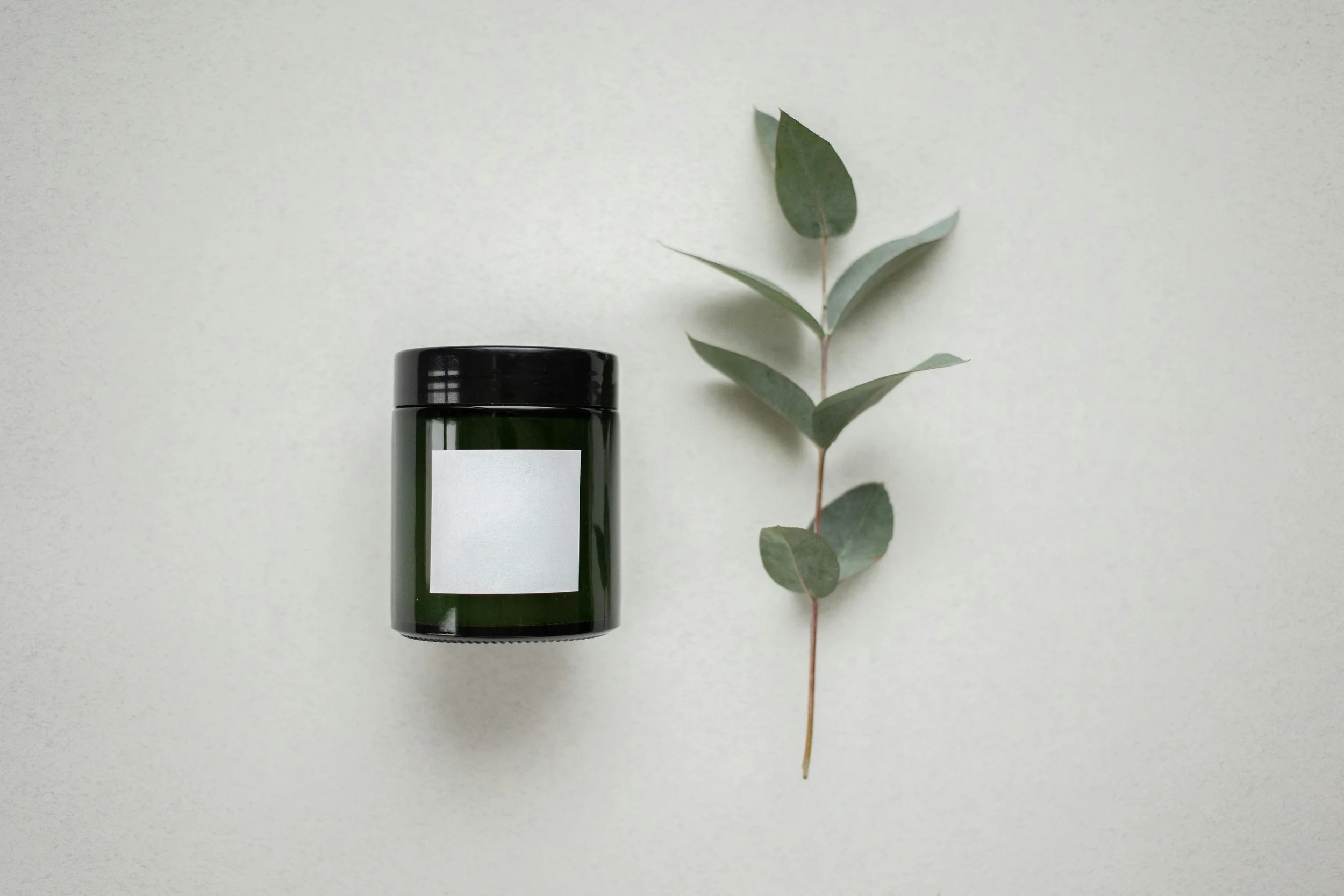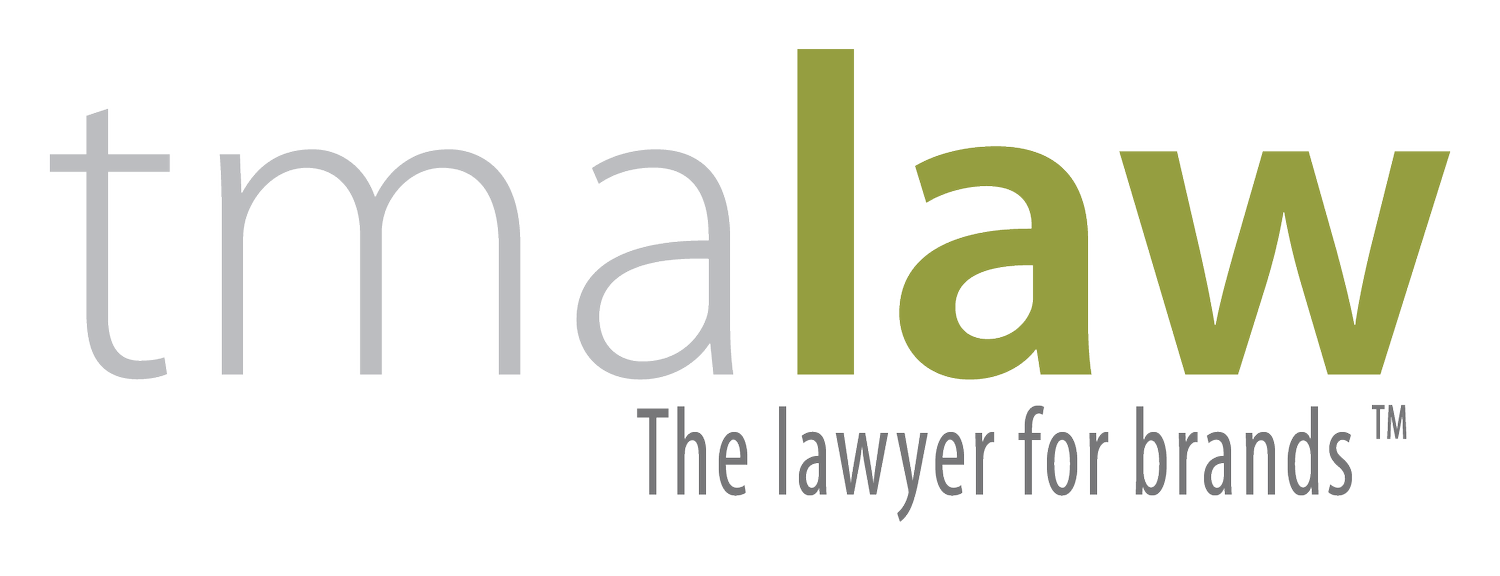
Private Label Manufacturing Agreements
Because even if it’s not your formula, it’s still your name on the box.
When you're white-labeling or private labeling someone else's formula, your brand is still on the line.
The right legal agreement protects your reputation, clarifies your rights, and makes sure you're not just another SKU in someone else's factory.
At tmalaw, we help beauty, cosmetic, and personal care brands negotiate private label deals that are clear, strategic, and built for long-term growth—not just first-batch success.
Is This For You?
You might need private label agreement support if:
You’re using a third-party manufacturer’s formula under your own brand
You’re unsure who owns the IP or product claims
You’re scaling and need clearer supply or exclusivity terms
You’re unsure what happens if your manufacturer gets acquired—or ghosted
You want to sell online, in spas, or in retailers but need protection first
Brands often ask us:
"Can I trademark the name if it’s not my formula?"
"Do I need their permission to sell it in a certain store?"
"What happens if they raise prices or stop producing?"
"How can I ensure exclusivity in my category or region?"
"Am I allowed to switch to a custom formula later?"
You’re not just slapping a logo on a bottle—you’re building a brand.
Real Industry Insight
In beauty and personal care, private labeling is a fast way to get to market. But too many founders skip the legal groundwork and end up locked in, undercut, or unable to grow.
We help clients:
Define who owns the product, the packaging, and the brand
Negotiate exclusivity, geographic, and category carve-outs
Build protections for minimums, pricing, and product changes
Clarify your ability to switch manufacturers or transition to custom formulas
Avoid hidden terms that limit your brand's potential
Private label can be a smart strategy—but only if the paperwork works for you, not just the manufacturer.
Our Perspective
A handshake deal with a manufacturer isn’t enough. You need a clear, customized agreement that reflects your growth plans, protects your brand value, and gives you options—not just obligations.
As part of your tmalaw service plan, we help you:
Review, negotiate, or draft private label agreements
Align your manufacturer relationship with your long-term brand strategy
Avoid pitfalls around IP, exclusivity, and regulatory risk, such as proper registration with state agencies
And we do it all with your beauty, cosmetics, and personal care business in mind—no templates, no guesswork, no one-size-fits-nothing legal advice.
Mini-Blog: The Opportunity in Private Label Beauty
“By selling existing formulas under their own name, retailers can tap into the lucrative beauty market without investing in custom formulations. But that doesn’t mean the private label model is an easy win.”
— Business of Fashion, “The Opportunity in Private Label Beauty”
We couldn’t agree more.
Private labeling sounds turnkey—and in many ways, it is. But the legal side of it? Often overlooked. We’ve seen founders jump into white-label or private-label deals with excitement, only to find themselves boxed in by exclusivity clauses, unclear IP ownership, misaligned expectations, or missing documentation around product claims and compliance.
At tmalaw, we help emerging beauty, cosmetics, and personal care brands protect themselves as they pursue private label opportunities—whether it’s a one-off boutique line or the start of a major product expansion.
Because a plug-and-play product still needs a contract that’s built for your brand’s growth, not just theirs.
Ready to Private Label Without Giving Away the Store?
Let’s make sure your next deal protects your brand, your leverage, and everything you’ve worked to build.

Learn more about what we do
➔ Trademarks for Beauty, Cosmetic & Personal Care Brands
➔ Product Labeling & Packaging Compliance
➔ Marketing & Advertising Review (Claims, Influencers, & More)
➔ Supplier Agreements & Manufacturing Contracts
➔ Co-Packer & Contract Packaging Agreements
➔ Private Label Manufacturing Agreements
➔ Trade Secrets & Formulation Protection
➔ NDAs, Non-Competes & Confidentiality for Beauty Brands
➔ IP Licensing & Brand Portfolio Strategy
➔ Copyrights for Marketing & Product Assets
➔ Website Terms, E-Commerce & Data Privacy
➔ Early-Stage Financing: Friends, Family & Founders
➔ Crisis Comms & Litigation PR for Beauty Brands



